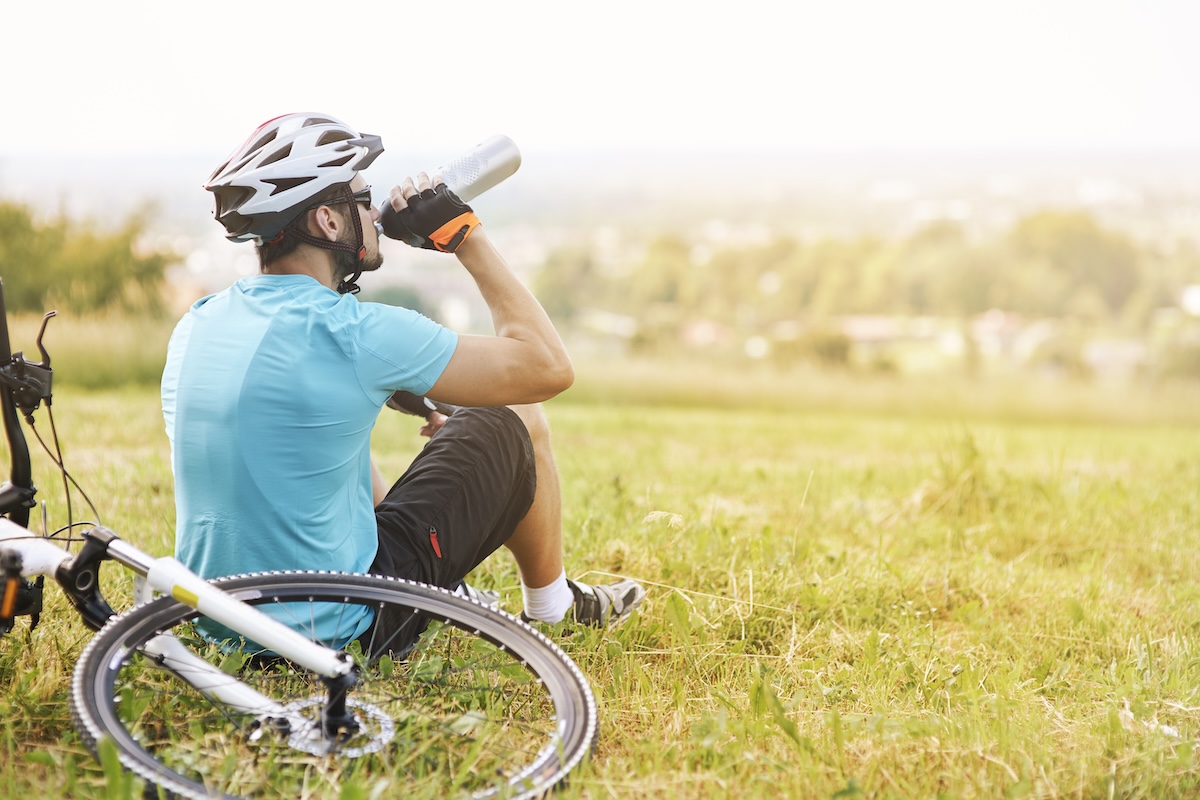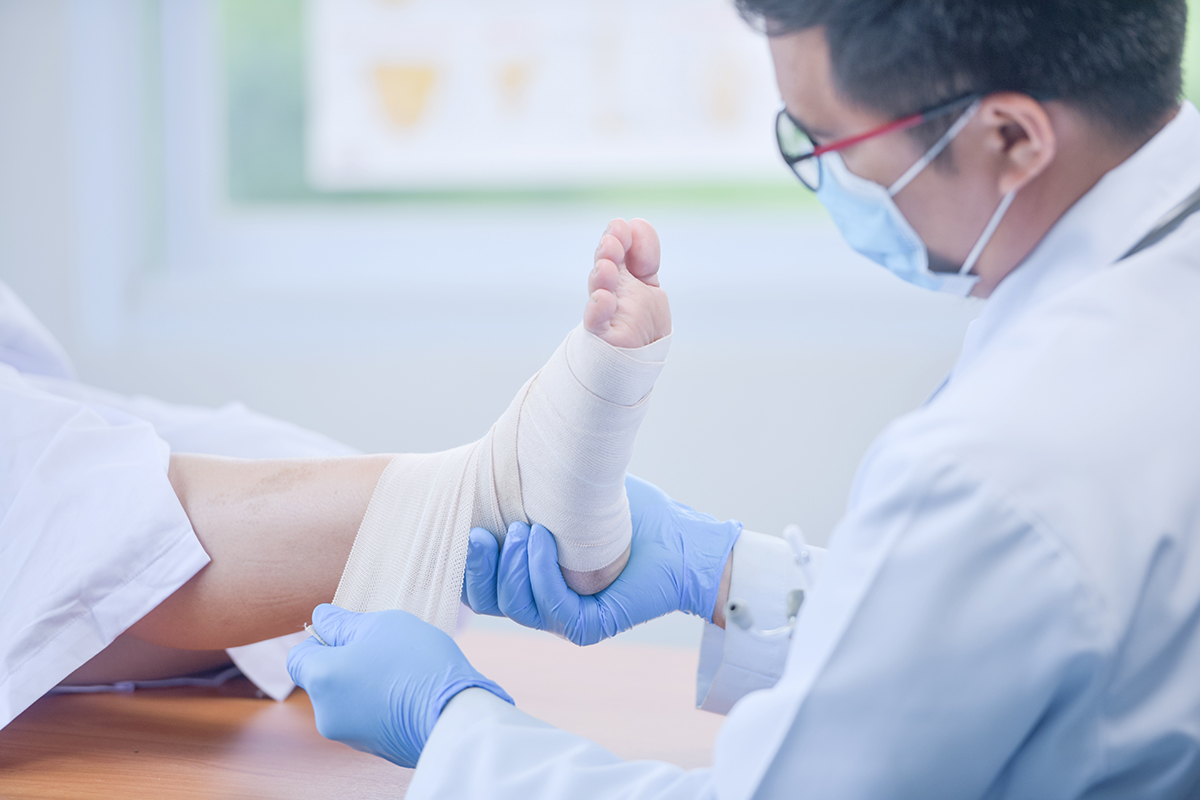Fitness & Exercise, Health & Wellness, Lifestyle Tips
Summer Safety: These Simple Tips Can Help You Avoid a Trip to the Emergency Room
May 29, 2025

From heat-related illnesses to poolside injuries, summertime often leads to spikes in emergency room visits. Whether heading to the beach, hiking in the hills, or enjoying a backyard barbecue, keeping your health and safety in mind is essential. Awareness and planning can go a long way in helping you and your family enjoy a safe and healthy summer.
“At Adventist Health Glendale, we see a predictable rise in certain seasonal injuries and illnesses every summer,” shared Dr. Sylvia Kotikian, Medical Director of Adventist Health Glendale’s Emergency Department. The good news is many of these issues are preventable with a few simple steps.
Here are key safety tips to help you and your loved ones enjoy the season without a trip to the ER. However, should the need arise for emergency medical care, know that Adventist Health Glendale remains one of the region’s top choices for injuries and life-threatening issues. “We’re ready to help the moment you need us,” Dr. Kotikian reassures. “Our emergency room is open around the clock to provide comprehensive, high-quality emergency care."
Stay Hydrated
Dehydration is a leading factor in heat-related illnesses. Drink water regularly — even before you feel thirsty — and avoid sugary or alcoholic beverages that can accelerate dehydration.
“Hydration is your first line of defense against heat exhaustion and heatstroke,” said Dr. Kotikian. “If you’re spending time outdoors, keep a water bottle with you and encourage children to take frequent water breaks.”
Wear Sunscreen
Sunburns damage skin and can lead to heat-related illness. Apply broad-spectrum sunscreen with at least SPF 30 every two hours—and more often if you're swimming or sweating.
Avoid Peak Heat Hours
The sun is strongest between 10 a.m. and 4 p.m. When possible, limit strenuous outdoor activity during these hours. Take shade or indoor breaks with air conditioning, especially for young children, older adults, and anyone with underlying health conditions.
Dress for the Weather
Lightweight, loose-fitting clothing made of breathable fabrics helps your body regulate temperature. Light colors also reflect sunlight better than dark ones. For added protection, don't forget a wide-brimmed hat and sunglasses.
Practice Water Safety
“Our emergency team frequently treats injuries related to slips on wet surfaces and diving accidents,” Dr. Kotikian noted. “A little caution around water goes a long way.”
Wet and slippery surfaces around pools increase the risk of slips and falls, potentially leading to injuries or even drowning —one of the most serious summer risks, especially for young children. Always supervise kids near pools, lakes, or beaches. Use life jackets for children and weak swimmers, and never swim alone or under the influence of alcohol.
Be Aware of Insect Bites
Mosquitoes can transmit illnesses like West Nile virus and Zika. Consider using insect repellent or wearing loose-fitting, long-sleeved shirts and pants to create a barrier against mosquito bites. Seek medical attention if bites are accompanied by fever, rash, or fatigue.
Practice Food Safety and Hygiene
Outdoor dining can increase the risk of foodborne illness. Keep cold foods cold and hot foods hot. Don't leave perishable items sitting out for more than two hours—and less if temperatures are above 90°F. Remember to wash your hands or use sanitizer before eating.
Biking and Skating Safety
Helmets can help save lives. Skaters and cycling enthusiasts of all ages should wear appropriate protective gear, including helmets, knee pads, elbow pads, and wrist guards, as well as brightly colored clothing for visibility. Avoid distractions like headphones or texting while riding.
Learn Basic First Aid
Knowing how to treat minor cuts, scrapes, burns, or insect stings can help avoid complications. Keep a well-stocked first aid kit at home and when traveling. Learn to recognize signs that an injury or illness requires professional care.
Know the Signs of Heat Illness
Heat exhaustion symptoms include heavy sweating, dizziness, nausea, weakness, and headache. Move to a cooler place, hydrate, and rest.
If symptoms worsen or do not improve within 30 minutes, or if the person becomes confused, loses consciousness, or stops sweating, it may be heatstroke, a life-threatening emergency.
Seek help at the nearest emergency room or call 9-1-1. Take immediate action to cool the person down while waiting for medical help.
Learn more about Adventist Health Glendale’s Emergency Department and how we’re here for you 24/7.


